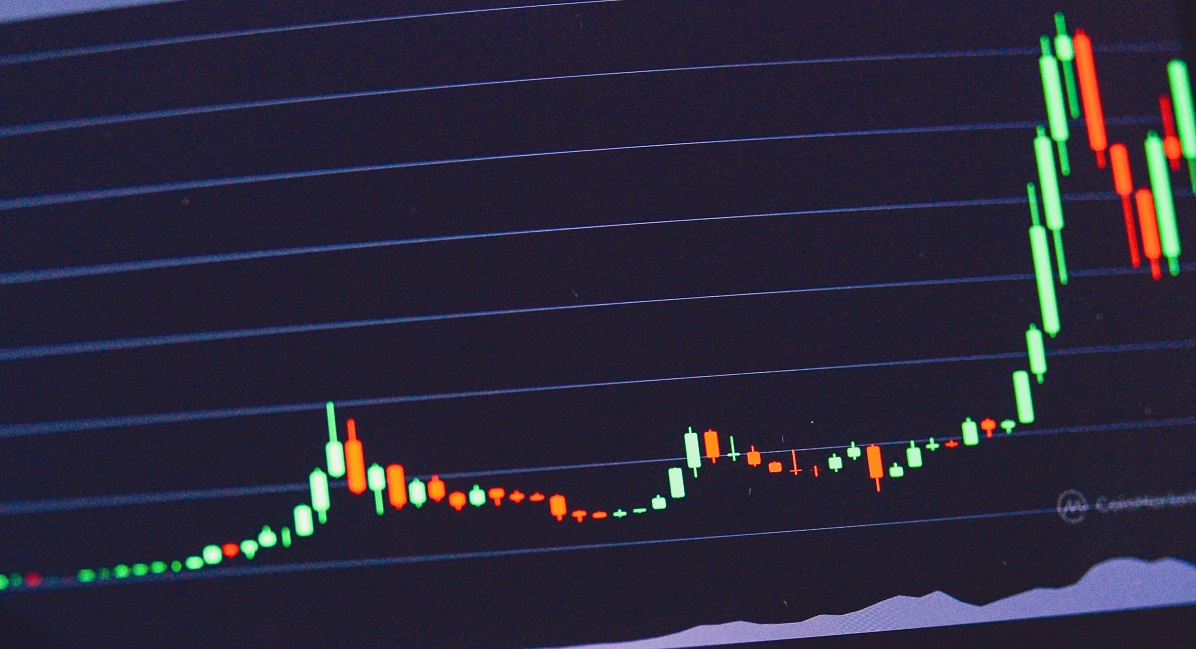
Global markets seem to be shrugging off central bank tightening, not to mention the Ukraine-Russia conflict and tensions between China and the U.S. Yet rather than dwell on the market’s complacency long-time stock picker Christian Deckart prefers to focus on attractive opportunities which the market may seem to ignore.
“In the short run, I would say that markets are random. They are driven by liquidity, with in-flows and out-flows,” says Deckart, manager of the $12 billion 5-star gold-rated Mawer Global Equity A, and deputy chief investment officer at Calgary-based Mawer Investment Management Ltd, “In the long run, however, markets usually reflect the fundamentals and investment merits. Benjamin Graham, the father of value investing, once said, ‘In the short run, the market is a voting machine. But in the long run, it’s a weighing machine.’ We don’t try to make too much out of short-term market movements, other than they do sometimes offer opportunities for the discerning investor.”
Moreover, Deckart stresses that the future is uncertain and unpredictable. “We try to deal with that uncertainty by acknowledging it and doing deep work on the companies that we choose for our clients,” says Deckart, a 26-year industry veteran who joined Mawer in 2013 and is part of a 41-person research team that oversees about $85 billion in assets. Prior to joining Mawer, he worked as a portfolio manager in Zurich and as an analyst for Merrill Lynch in London and Commerzbank in Frankfurt and earned a Ph.D. and a diploma in law from the University of Augsburg in 2005. “But even after all that due diligence, we still don’t know the future, we have only narrowed down the probability. In our view, that’s an approach of intellectual humility. It just reflects the nature of the world.”
Consider two major events of the last two decades that were entirely unpredictable: the September 11, 2001 attacks on the World Trade Center, and the COVID-19 pandemic. “We don’t brush that uncertainty away. We just accept it,” says Deckart, who works closely with Paul Moroz, chief investment officer and Manar Hassan-Agha, equity analyst. Referring once again to Benjamin Graham, who described a character called Mr. Market who was highly optimistic one day and depressed the next, Deckart adds: “That’s where the opportunities come. As fundamentals-driven active investors, we can benefit from these mood swings. They are easier to take advantage of on a single-stock basis than to analyze the market as a whole.”
Single-Stock Approach Outperformed in Short and Long Run
That opportunistic approach has driven the fund’s strong performance. Year-to-date (Sept. 5), Mawer Global Equity A has returned 13.39%, versus 12.16% for the Global Equity category. On a long-term basis, the fund has also excelled. Over five and 10 years, the fund returned an annualized 8.94% and 12.05%. In contrast, the category returned an annualized 6.21% and 8.75%.
Deckart is reluctant to predict when the market might hit a bear cycle. “Negative and positive surprises tend to be unexpected. So, there may be a huge positive surprise, and the market won’t turn at all. Or something really bad might happen, such as a new COVID variant or a war. Who would have expected that the Ukraine-Russia war would happen, or go on for so long?”
Why Go by an Index in a Narrow Market?
Meanwhile, Deckart notes that there is a wide dispersion of valuations between single stocks in the market today. Moreover, index performance in recent years has been skewed as the so-called “Magnificent Seven,” or major U.S. technology names such as Alphabet Inc. (GOOG) or Microsoft Inc. (MSFT) have dominated markets. “I read this week that benchmark MSCI All Country World Index ex-US is actually down 3% since January 2020,” says Deckart. “And this year the Magnificent Seven are up massively. Market breadth has shrunk a lot and a narrow market is not a sign of health. But since the future is uncertain so usually the market does what no one expects. So maybe it will turn out differently this time.”
Furthermore, the narrowness of the market is reflected in the fact that Apple Inc. (AAPL) accounts for 4.7% of the MSCI ACWI (including the US) while the entire UK market represents only 3.6% of the index and China 3.3% (as of the end of July). Indeed, Deckart points out that the eight largest stocks in the index happen to be technology names such as AAPL.
“There is dispersion in the market. But it creates opportunities for investors like us,” says Deckart. “We benefit, and our clients do as well, when we can find something where the relationship between the quality we get, and the price we have to pay, diverges. It’s like buying a car: you want to buy a car that’s cheaper than it should be. So, when prices fluctuate and don’t all move in the same direction—that’s when opportunities occur for active investors.”
Three Principles to Buying One Stock at a Time
The investment philosophy that Deckart and his team espouse is based on three basic principles: buy wealth-creating businesses, that have strong management teams, and whose stocks trade at a discount to intrinsic value. “These companies often benefit from a cost advantage over competitors,” says Deckart, adding that often their customers are reluctant to change suppliers. “They can earn a return on capital above the cost of capital. That’s a good position for investors to be in because it creates wealth for them.”
Over the long term, Deckart argues, this approach leads to outperformance. “Over short periods, it’s not always the case. But over the long term, we believe it should,” he says, adding that the team monitors about 400 global stocks in the course of a year.
From a sector viewpoint, industrials account for the largest sector at 20.4%, followed by financials at 17.8%, information technology at 14.2% and consumer staples at 13.1%. Although the stock-picking process is based on bottom-up analysis, Deckart notes that the team relies on risk management to prevent too much exposure to any one sector, or country.
Top Global Stock Picks
Running a portfolio of about 55 holdings, Deckart cites a long-time position in Bayerische Motoren Werke AG (BMW), a leading German carmaker. “The beautiful thing about BMW is that it has a large financing business. If you buy a BMW, the dealer will offer to lease the car and that turns it into a recurring business. It knows that a few months before the lease ends, they will contact you and ‘upsell’ you to the next higher-priced car,” says Deckart, adding that the firm has an average 14% return on equity (over 10 years). “It is a credit business with the usual credit risks. But in this case, it is asset-backed lending.”
On a valuation basis, the stock is trading at 5.5 times trailing earnings and delivers an 8.8% dividend yield. “The relationship between the quality of the company, including management that we get, and the inherent risks that we take on, is attractive,” argues Deckart, adding that BMW is trading at 98 euros. This is at the lower end of the team’s estimate of fair value.
Another top pick, which was acquired last April, is Paris-based Publicis Groupe SA (PUB), one of the world’s largest marketing and communications firms. “It’s based in France, but we believe that about 70% of its operating earnings come from North America,” says Deckart, adding that about one-third of the business originates in its creative agency, one-third in its media brokerage and consultancy and one-third its marketing-related technology and IT consultancy.
One-Third of U.S. Media Dollars Go Through France
“If you think of the McDonalds (MCD) online ordering system and the app---that’s a Publicis product. It links to the kitchen and your location when you order,” says Deckart. “The competitive advantage is their cost advantage from scale. They are the number one media buyer in the U.S. And here’s an amazing statistic: one out of every three dollars in the U.S. media market goes through Publicis.”
Over the last five years, Publicis has boasted a return on capital of 11%, and its return on assets (after removing goodwill) is over 100%. “It’s an asset-light business,” observes Deckart. The stock, which is trading at 72.58 euros, or a trailing price-earnings multiple of 14 times, generates a 4% dividend yield. While Deckart is reluctant to offer the stock’s discount to intrinsic value, he remarks: “It trades at the lower end of its probable valuation range.”
Looking ahead, Deckart reiterates that rather than gauge the market’s direction, the team focuses on what it knows about its stocks and which factors will drive them upward. “As fundamental, active investors, we are aiming to be good owners of good businesses for the long run. The stock market can have great dispersion among single securities and that’s where the opportunities are,” says Deckart. “By holding equities, we are paid for living with this uncertainty. We have to accept that it’s not free money. We have to live with the uncertainty.”























